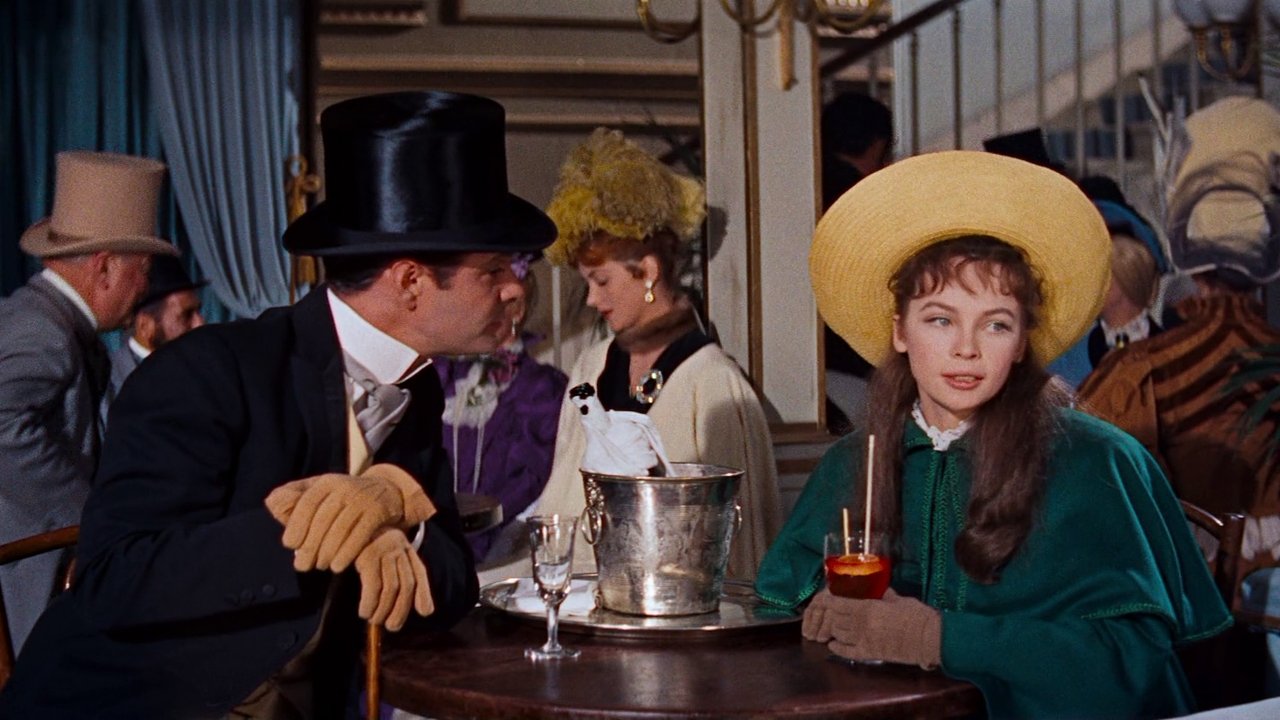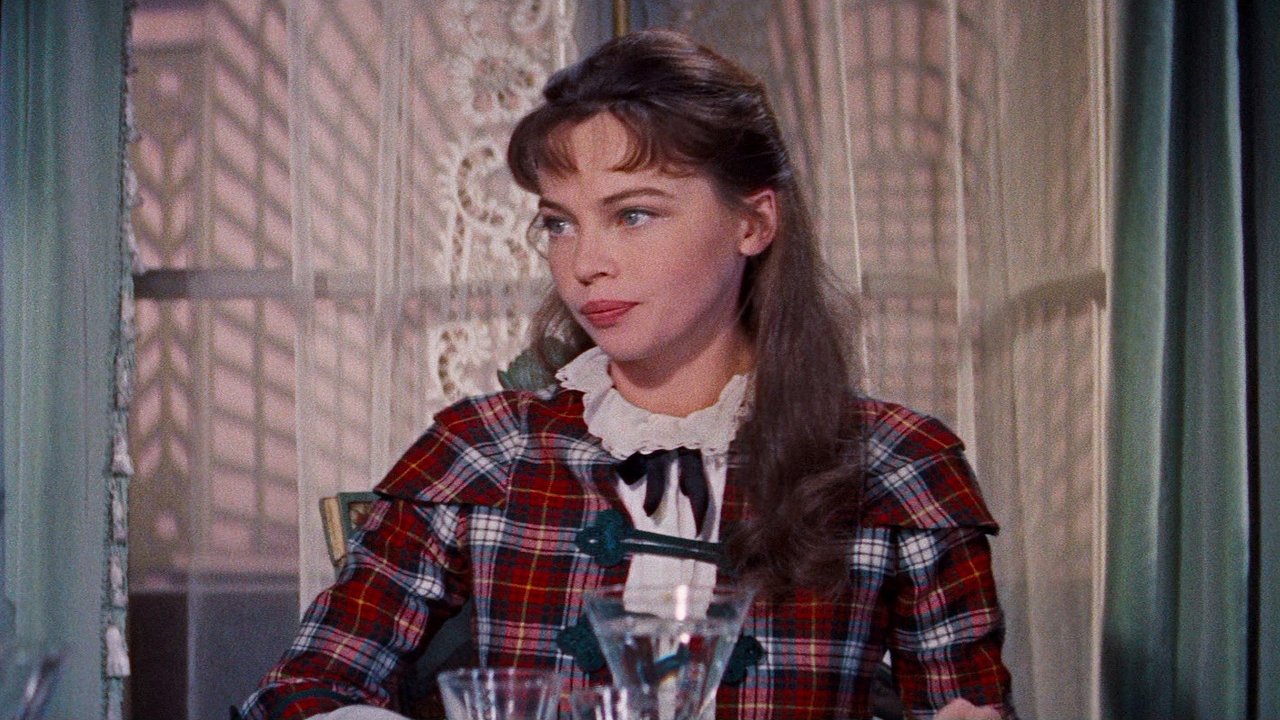
The women are overjoyed by his offer, though Gigi is not. Despite such conventions, he proposes a generous "business arrangement" to Madame Alvarez and Aunt Alicia for Gigi to become his mistress. He wishes only to be near her-an unheard-of behavior between a man and his mistress. Although hesitant due to her young age, Gaston realizes that he loves Gigi. He walks and reflects on Gigi, realizing he has developed a romantic desire for her. He offers to take Gigi to tea at the Reservoir, but Madame Alvarez interjects, telling Gaston that an unchaperoned Gigi being seen in public with him could damage her reputation.Īngered, Gaston storms out again.

Offended, Gaston storms out, then quickly realizes his folly and returns to apologize. Gaston insults the dress, preferring her juvenile outfits Gigi mocks his taste in clothes. When Gaston returns, he is discomfited when Gigi shows off her new womanly gown. Though initially dubious, Madame Alvarez agrees to Gigi being intensively trained before Gaston's return. When Gaston goes to Monte Carlo, great-aunt Alicia and Madame Alvarez scheme to turn Gigi into Gaston's mistress. As other women at the resort hold perfect poise with an air of boredom or disdain for anything unfamiliar, Gigi pulls Gaston out of his depressive rut with her carefree attitude. While Gaston and Gigi have fun together, Honoré and Madame Alvarez unexpectedly reunite and reminisce about their once-passionate affair. Gaston agrees, loses the bet, and the three travel to Trouville. While playing cards with Gaston, Gigi wagers that if he loses, he must take her and her grandmother to the seaside for the weekend. Gaston plans to retreat to the country, but his uncle insists he remain in Paris and attend even more parties. When his latest mistress has an affair with her ice skating instructor, Gaston publicly humiliates her, resulting in her faux-attempted suicide. Like his uncle, Gaston is a known wealthy womanizer in Parisian high society. She prefers having fun with Gaston, whom she regards as an older brother. She learns proper etiquette and charm, but Gigi disdains the trivial love between a man and his mistress. Gigi's mother (a singer who is heard but never seen onscreen) leaves her care mostly to Madame Alvarez.įollowing the "family tradition", Madame Alvarez regularly sends Gigi to her sister, Alicia (Gigi's great-aunt) to be groomed as a courtesan, which is a more dignified euphemism for a wealthy man's mistress. Gaston does enjoy spending time with Madame Alvarez and her granddaughter, the precocious, carefree Gilberte, affectionately known as Gigi. While in Bois de Boulogne, Honoré Lachaille remarks that in Paris, marriage is not the sole option for wealthy young bon vivants like his nephew Gaston, who is bored with life. The film is set during the Belle Époque at the turn of the 20th century. The film is considered the last great Metro-Goldwyn-Mayer musical and the final great achievement of the Freed Unit, headed by producer Arthur Freed. The American Film Institute ranked it number 35 in AFI's 100 Years.100 Passions. In 1991, Gigi was selected for preservation in the United States National Film Registry by the Library of Congress as being "culturally, historically, or aesthetically significant". It held the record for the highest clean sweep of nominations (later shared with The Last Emperor) until The Lord of the Rings: The Return of the King won all eleven of its nominations at the 76th Academy Awards in 2004. Costume design was done by Cecil Beaton (hats by Madame Paulette).Īt the 31st Academy Awards, the film won all nine of its nominations, including Best Picture and Best Director for Minnelli.

The film features songs with lyrics by Lerner and music by Frederick Loewe, arranged and conducted by André Previn. The screenplay by Alan Jay Lerner is based on the 1944 novella of the same name by Colette.

Gigi ( French pronunciation: ) is a 1958 American musical romantic comedy film directed by Vincente Minnelli and processed using Metro-Goldwyn-Mayer's Eastmancolor film process Metrocolor.


 0 kommentar(er)
0 kommentar(er)
